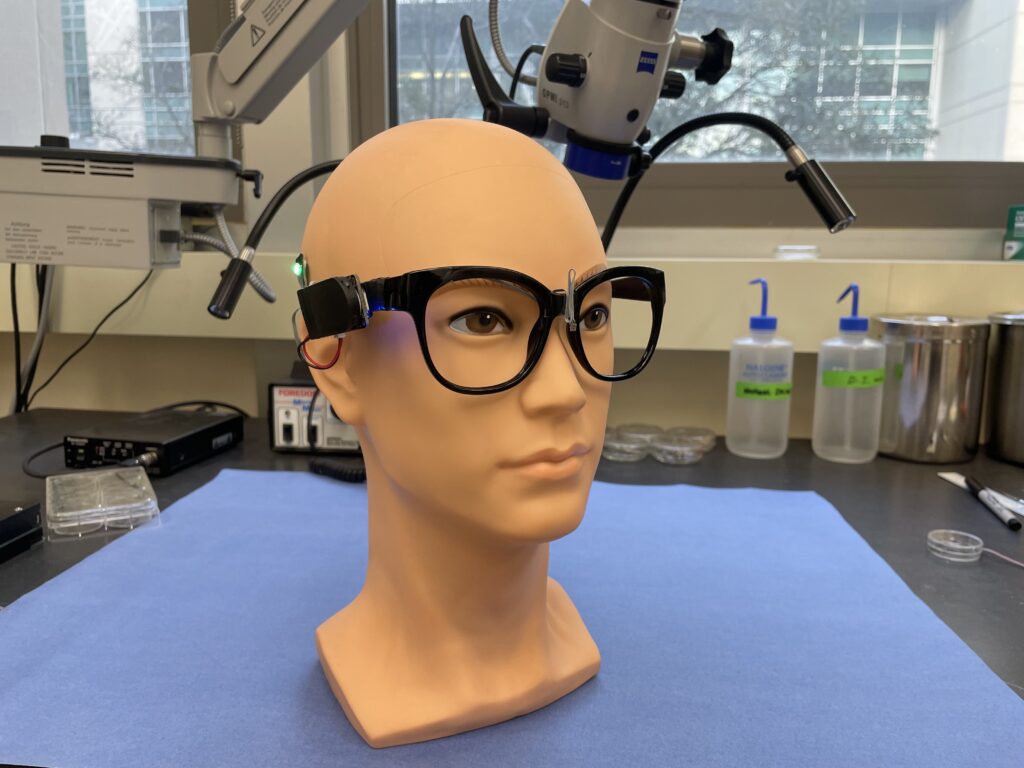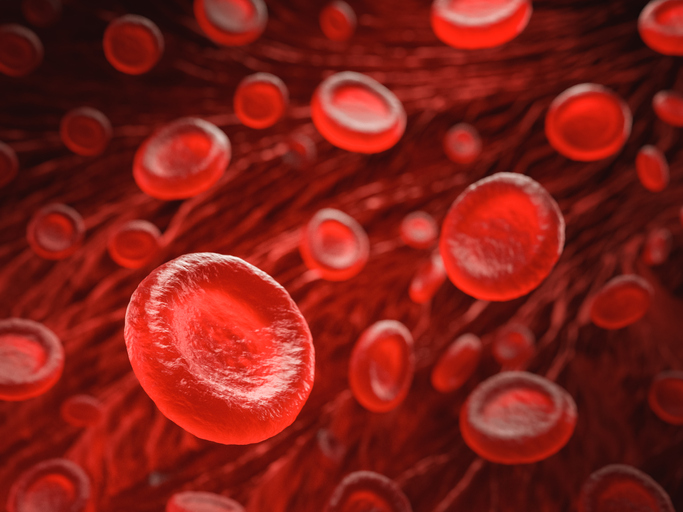High blood pressure, or hypertension, is extremely common, affecting nearly half of American adults. Though it’s more prevalent among older age groups, data from the Centers for Disease Control and Prevention indicates that 22.4% of individuals aged 18-39 were living with the condition in 2018. Now, research suggests that treating the condition in your 30s could lead to better brain health later in life.
In a study published in JAMA this April, scientists from the University of California, Davis looked at MRI brain scans of 427 Asian, Black, Latino, and white adults aged 50 and older, comparing those belonging to people who had high blood pressure between the ages of 30-40 to those who did not.
The scans belonging to the group who did have hypertension in their younger years showed two key markers that are commonly associated with dementia and neurodegeneration: “significantly lower regional brain volumes and worse white matter integrity,” per a press release from the institution.
“High blood pressure is an incredibly common and treatable risk factor associated with dementia,” said first author Kristen M. George, an assistant professor in the Department of Public Health Sciences. “This study indicates hypertension status in early adulthood is important for brain health decades later.”
RELATED: This Ultrasound Therapy Could Treat Those With “Uncontrolled Blood Pressure”
She and her colleagues also determined that men, who are already more at risk for high blood pressure than women, are more likely to experience certain detrimental effects on the brain, including decreases in the volumes of the frontal cortex and gray matter. They suggest that may be in part related to the cardioprotective benefits of estrogen in premenopausal women.
Although the small sample size was small, the findings serve as further encouragement to take care of your cardiovascular health at any age.
“This study truly demonstrates the importance of early life risk factors and that to age well, you need to take care of yourself throughout life — heart health is brain health,” said Rachel Whitmer, senior author of the study and associate director of the UC Davis Alzheimer’s Disease Center.
She added: “We are excited to be able to continue following these participants and to uncover more about what one can do in early life to set yourself up for healthy brain aging in late life.”
Click here for tips on protecting yourself from hypertension, and here for 10 lifestyle changes for controlling the condition without medication.











